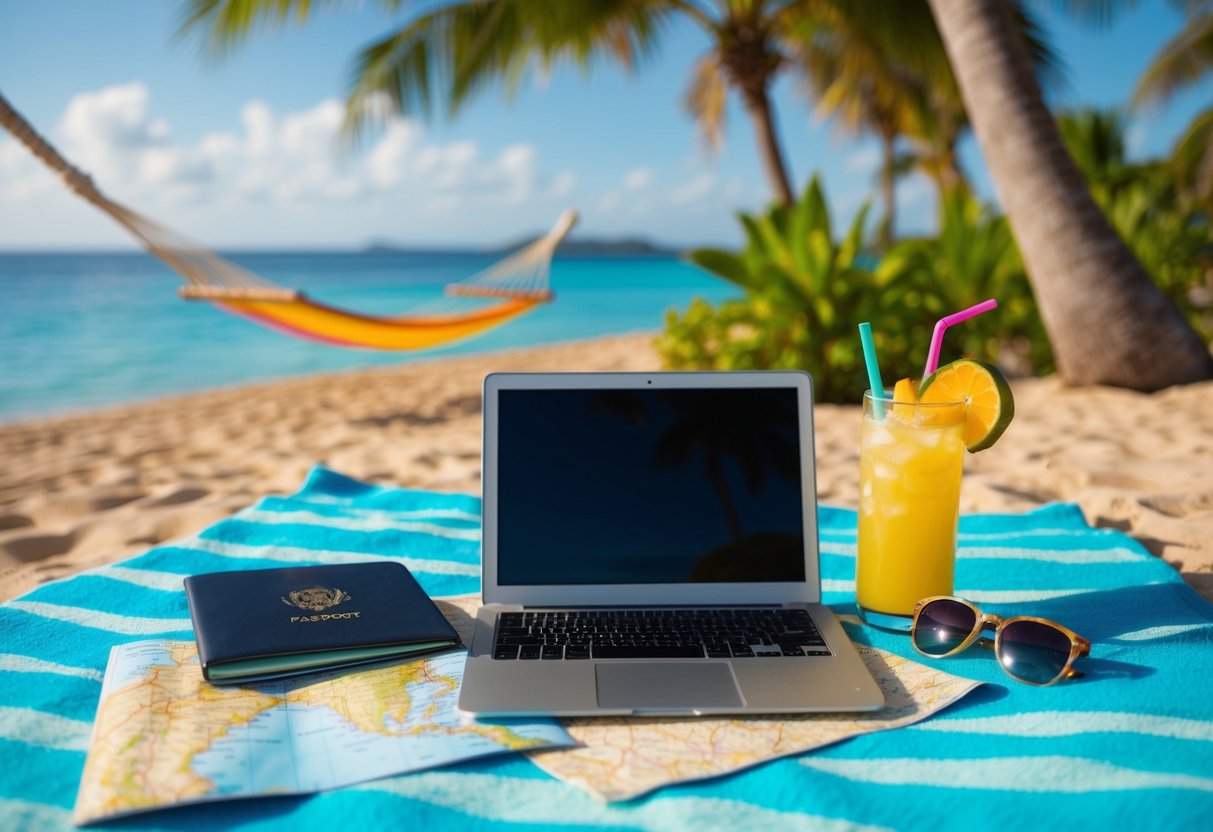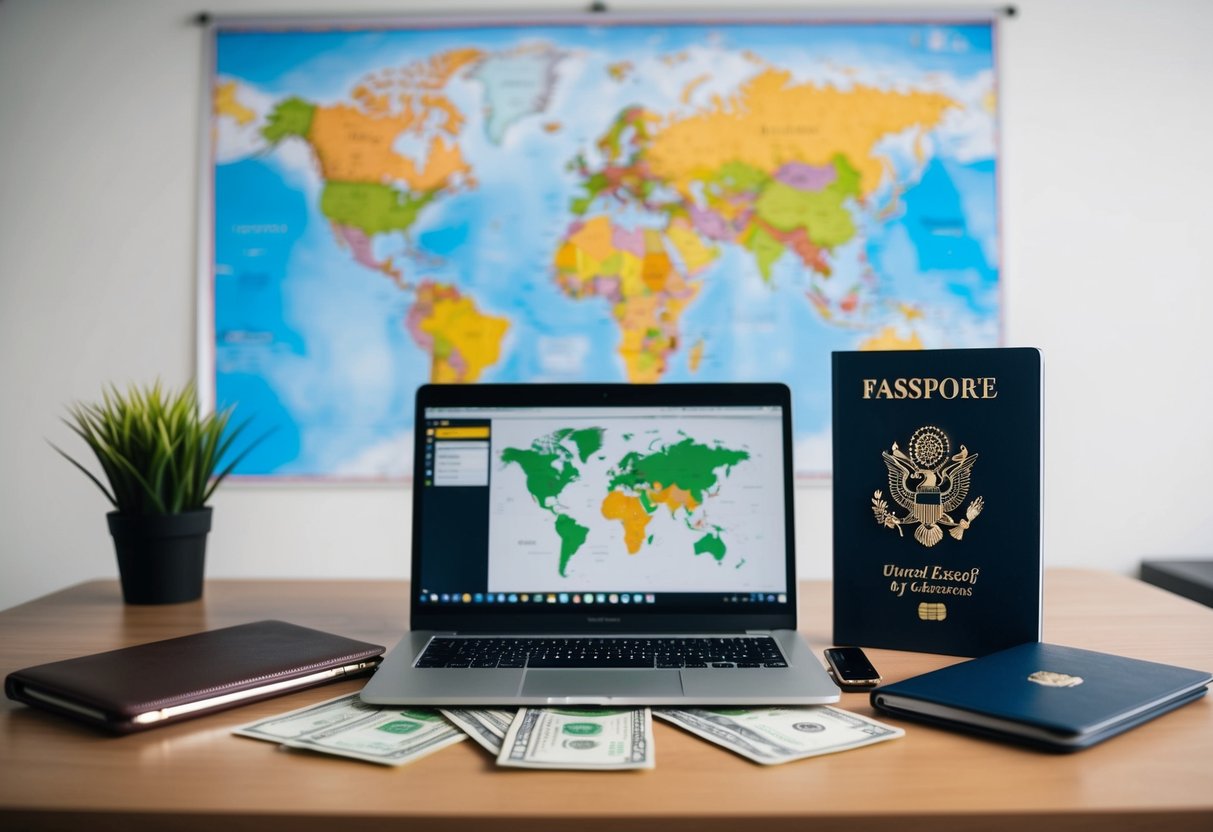
Understanding Accommodation Options
Digital nomads have various accommodation options, including short-term rentals, hostels, and co-living spaces. Short-term rentals, like those on Airbnb, provide flexibility and often include amenities such as kitchens and Wi-Fi. Hostels are budget-friendly and offer social environments with opportunities to meet other travelers. Co-living spaces combine living quarters with co-working spaces, fostering networking. Factors like location, cost, and amenities are pivotal in choosing accommodation that supports a nomadic lifestyle. Urban centers typically provide more diverse options, although they may be costlier compared to rural areas.
Visa Requirements and Legal Considerations
Navigating visa requirements is crucial, as each country imposes different rules for foreigners. Some countries offer digital nomad visas tailored for remote workers, allowing extended stays. Researching the required documents and application process before departure is essential. Moreover, legal considerations, such as taxes and health insurance, vary widely. It’s important to stay informed about bilateral agreements and local laws that might affect your stay. Consulting with legal professionals who specialize in international travel can help ease the complexities associated with working abroad, ensuring compliance with all regulations.
Financial Management for Digital Nomads

Financial management is crucial for digital nomads to maintain a sustainable lifestyle while traveling. It’s important to manage living expenses efficiently, create multiple income streams, and navigate the complexities of currency and banking.
Managing Living Expenses
Digital nomads must carefully plan and monitor their living expenses to sustain their lifestyle. Cost of living varies significantly between countries and even cities. Many choose destinations where their income can stretch further due to lower living costs. Costs to consider include accommodation, food, transportation, and local leisure activities.
Living in coworking or coliving spaces can offer cost-effective solutions while providing valuable networking opportunities. Budgeting tools and apps can help track spending and stay organized. By utilizing local resources and being mindful of their budget, digital nomads can enjoy a comfortable lifestyle without overspending.
Creating Diverse Income Streams
Having multiple income sources is essential for digital nomads. Relying on a single income stream can be risky, especially when unexpected expenses arise. Many digital nomads engage in freelance or remote work and often have side projects that generate additional income.
Some might run online businesses, such as e-commerce or blogging, which can provide passive income. Investing in skills and taking advantage of online learning platforms can open up new job opportunities. Diversifying income can mitigate financial instability, offering a safety net during uncertain times.
Dealing with Currency and Banking
Managing finances across different currencies and banking systems can be complex. Exchange rates fluctuate, impacting purchasing power. Digital nomads should seek banking solutions that offer low foreign transaction fees and competitive exchange rates. Online banking services and fintech apps can simplify international money management.
Opening local bank accounts may be beneficial if staying in one country for an extended period. Taxes are another consideration; understanding tax obligations both at home and abroad is critical to avoid legal issues. By proactively managing these aspects, digital nomads can reduce financial stress and focus on enjoying their travels.
Connectivity and Productivity on the Road
Staying productive while traveling depends heavily on a reliable internet connection and using tools that enable smooth collaboration. Successfully managing time zone differences is also crucial to maintaining efficiency and keeping projects on track.
Ensuring Reliable Internet Access
Digital nomads must prioritize securing a consistent and strong internet connection. Researching and selecting accommodations or coworking spaces known for stable Wi-Fi can prevent unexpected disruptions. Alternatively, mobile hotspots and SIM cards with data plans tailored to specific regions can offer added flexibility and reliability. It’s recommended to familiarize oneself with various connectivity options in advance to avoid unplanned connectivity issues that could hinder work progress.



